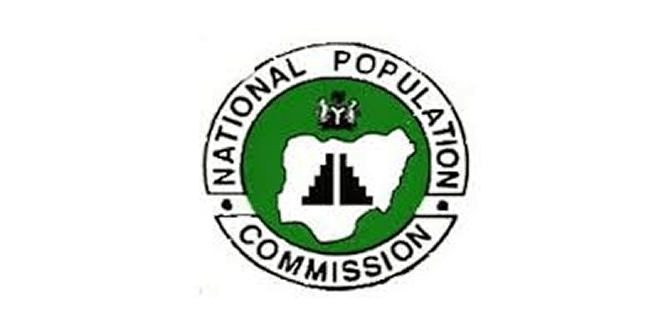Gombe State: Population Commission launches Demographic, Health Survey
By Rebecca Mu’azu, Gombe
The National Population Commission has launched the 2023/2024 Demographic and Health Survey in Gombe State, to provide invaluable insights that will inform evidence-based policies, enhance public health interventions and contribute to the broader development agenda of Nigeria.
READ ALSO: Health coverage: FG makes preparation for 50 million Nigerians
The State Coordinator of the Nigeria Population Commission in Gombe State, Mr. Jude Maigari, who represented the Chairman of the commission, Mr. Nasir Isa Kwarra, told journalists at the launch that the data to be collected and analyzed, would not be just a mere of numerical value, but would represent the health, aspiration and challenges of the communities.
The National Demographic and Health Survey has been in place for over three decades, spearheaded by the National Population Commission, in close collaboration with the Federal Ministry of Health and key partners, such as the United States Agency for International Development (USAID), the United Nations Population Fund, UNICEF, World Health Organisation, amongst others.
The impact of the survey is said to transcend statistics and extend to the lives of every individual, family and community in Nigeria, as well as guide the country towards a healthier and more prosperous future.
Mr. Maigari said, the data would be used for policy formulation and by researchers, saying the survey is unique, because of the use of the computer-based personal interview device, which had the ability to give additional data to previous surveys conducted.
The State Coordinator of the National Population Commission in Gombe State said the 2023/2024 National Demographic and Health Survey was the 7th in the series conducted by the commission and that Nigeria was going to benefit a lot from it.
“Since we are yet to conduct the next census, we want to crave your indulgence in those areas where these clusters are located that the traditional rulers that we are going to visit, let them accept all the questions that are going to be asked by our interviewers because the questions are so many and it will take hours for one respondent to answer,” Maigari said.
He said the commencement of the survey symbolized the culmination of strategic planning, collaborative efforts and an unwavering commitment from all participating stakeholders, which would in turn underscore a collective dedication to advancing the field of knowledge, policy formulation, as well as crucially the health landscape of Nigeria.
He said, that because the survey was a National Survey, it was taking place in selected or sample clusters of the total enumeration areas in each local government area and the Federal Capital Territory.
“We have started this survey with mapping and listing of households. By so doing, we’ve been able to get all the demographics of each inhabitant in each building. So, all the enumerated areas selected were all listed and presently our field workers, (Data Collectors) will cover all these areas by asking questions for females 15 years to 49 years and then males 15 years to 59 years,” said Mr. Maigari.
He said the commission deployed scientific means of selecting the areas in the survey, such that provisions had been made for hard-to-reach areas, in terms of providing logistics like vehicles to ease transportation and that awareness was going to be created in all the clusters selected for a positive response from the populace.
“We have to go through our traditional rulers and guide that will guide them through in each of the areas. I believe with that we will be able to get accurate data,”he added.
The State Coordinator of the 2023 National Health and Demographic Survey, Gombe State, Mr. Adeleke Balogun, said enumeration was taking place in 1, 400 clusters, which had been equally divided amongst the 36 states of Nigeria and the Federal Capital Territory, Abuja, with each state interviewing 30 clusters.
Mr. Balogun said 30 households had been selected in each cluster and the enumerators would seek to collect the general characteristics of each household, as well as interview all eligible men and women in each household.
He said the time frame for the survey was four months, but that because no accurate data from past surveys had been collected for maternal mortality or pregnancy-related deaths, fifteen clusters had been added to the survey.
“For that question alone, question on general mortality, we will be able to get maternal mortality. As we have fifteen households in each cluster, questions will just be directed at deaths in the past five years. That’s an expansion on the already planned 30 households in each cluster,” Balogun stated.
He said the survey would carry along Bio-markers, whose duty is to collect samples of sample blood of women and children to specifically determine if they were anemic for immediate, appropriate and prompt intervention.
Mr. Balogun said measurements were to be taken for heights and weights to determine the body mass index and advise people properly, as well as improve their health.
He said enumeration, which started on November 30, 2023, was expected to conclude by April or extended to May, 2024.



Comments are closed.